Love and work have been two areas I've struggled with for most of my post-college life. My first full-time job barely paid the bills as I was a contractor making $15 an hour and spent most of my day writing to people on LinkedIn asking for them to become users on our site.
Despite the fact we weren't making any money at the time, I could tell this startup had the makings of becoming one of Chicago's very own Unicorns (a startup term for companies with a $1 billion valuation). Its founders already had an exit worth $100 million and its business model filled a much-needed role in the SaaS (Software-as-a-Service) space.
Yet, my focus was on the lack of instant gratification. Rather than looking at the big picture, I wanted everything to work right away. I eventually quit my job and moved onto something else.
The same could be said about my dating life in Chicago. Many of my relationships started due to the instant chemistry or spark I felt rather than objectively assessing whether they made for a good partner.
I recently read a New York Times article titled, "Why You Will Marry the Wrong Person" by Alain de Botton. The essay asserts that it's impossible for a person to marry their soulmate, or "bashert" as we call it in Judaism, for a variety of reasons. Most often, two people end up taking a significant gamble by committing to each other forever with no awareness as to how their partner may change overtime.
In addition, these differences eventually make one or both parties feel as though they married the wrong person. De Botton says the answer is to stop romanticizing marriage and instead accept that every person will frustrate, anger and annoy us in some capacity. This allows us to choose which frustrating characteristics we are willing to live with in exchange for someone who is also willing to accept our own frustrating characteristics.
This essay resonates with me in a way I could have never comprehended when I was single. When I felt like my dating life hit a dead end in the same way my career did, I decided the only answer to my inability to find a partner was to move to New York's Upper West Side, a place where I would have more options.
Surely, I thought, within the fake walls of the New York apartments where I spent Shabbat meals, the perfect person would be waiting for me. But as time rolled on, I learned that finding the right person for me wasn't a numbers game; it was about finding someone who loved me for who I am and who I could love equally as much.
For me, that person was Michelle. We met through an online matchmaker a few years ago when I was living in Chicago and she in Los Angeles, but the distance eventually led to our breakup. After I moved to New York, she came to visit a few times and we considered getting back together. There was something about her kindness, generosity and sensitivity that was unlike anything I've ever experienced. When I was around her, I never felt the need to validate why I wasn't in finance, law or going to medical school. Michelle took interest in my digital marketing career, even if what I marketed was in a boring industry.
Instead of wanting to be taken out for an expensive dinner, Michelle told me that drinks and ping pong at Spin was the most fun she had in years. When I cooked Shabbat dinner, she felt guilty for not making anything herself. For once in my life, I didn't feel like I had to try hard to impress her. I impressed her by being myself.
After Michelle's third visit to New York, we went our separate ways for a few months, and I was left to contemplate getting back together while she mulled over moving to New York.
Around that time, I went to a class on dating over Shavuot. Unlike other classes I've heard about dating, which often lament the Upper West Side as a place with too many options and unrealistic expectations about dating partners, this rabbi had a different spin.
His point was that looking for the person who appreciates you and wants to grow with you is more important than trying to find the perfect person. As a reference, he mentions the encounter between Rebecca and Issac where upon meeting her bashert, Rebecca falls off her camel while Isaac only notices the camel.
To paraphrase the commentary of this scene, Rebecca falls in love with Isaac at first sight while Isaac isn't so into it. Eventually, Isaac starts to see some of her amazing qualities and slowly falls in love with her.
The rabbi then tied this back to his own dating life. He said his wife married him not for his looks or profession, but because of how he treated her. Despite each of their flaws, they were able to embrace each other enough to make the relationship work rather than look elsewhere for the ideal relationship.
When I heard this story, I thought about Michelle. I thought about whether it was possible that my future lifelong partner wasn't among the thousands of single women on the Upper West Side, but instead living in Los Angeles. Although I had initially been reluctant, I hadn't met anybody who seemed to complement me the way Michelle did. Something about our relationship felt more natural than it did with anyone else I've been with.
Fortunately, Michelle felt the same about me, and last September she left her life in sunny California for the concrete jungle of New York. In June, we got engaged.
As good of a fit as we are, there have been multiple times when either of us could've called it quits.
I recently discovered that I've struggled all my life with speaking from the heart to people I care about, especially Michelle. When I'm trying to explain how I feel, it often comes off as too direct and offensive, and the other person feels upset and hurt. But rather than improve my phrasing, I constantly worry about scaring people away and end up choking on my words. One time, Michelle mentioned by text that she was missing L.A. and it triggered a full-blown fight simply because I wrongly assumed that she would leave me because she was homesick.
Fortunately, Michelle is one of the most patient people I know, and she decided to work through this challenge with me rather than break up. Without her love and patience, I would never have recognized or been able to articulate this challenge in my communication style.
In dating and startups, if there's anything I've learned, it is that both take time and patience even when there are feelings of hopelessness.
Not long before our engagement, the startup I initially worked at announced that it was bringing back its co-founders in hopes of achieving Unicorn status in the next few years. Had I stuck with that startup with the same willingness to work through the highs and lows of my relationship with Michelle, I would be in a leadership position at one of the country's fastest-growing startups.
That lesson came too late, but now I'm at a startup in New York with more career potential than I've ever had before. Instead of leaving at the first sign of trouble, I've communicated what I need for success in addition to long-term personal and career goals, such as my desire to raise a family with Michelle in Southern California.
The observant Jewish community complains ad nauseum about today's " shidduch (match) crisis," but the truth is that if everyone took the same level of patience with each other that an employee with equity or stock options has with a startup, there's a good chance there would be a lot more marriages.


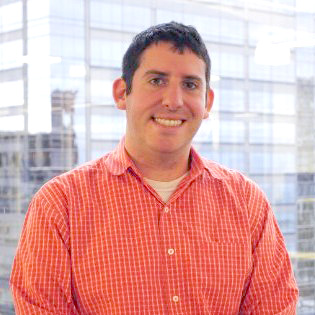
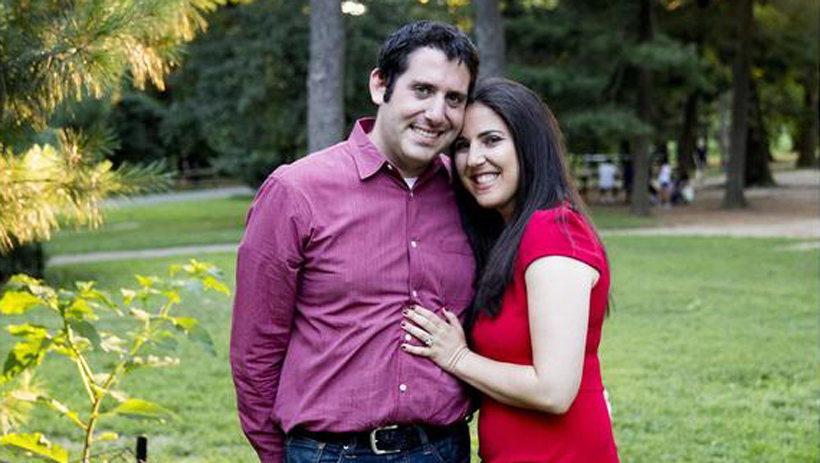
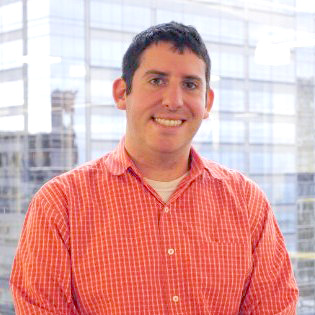


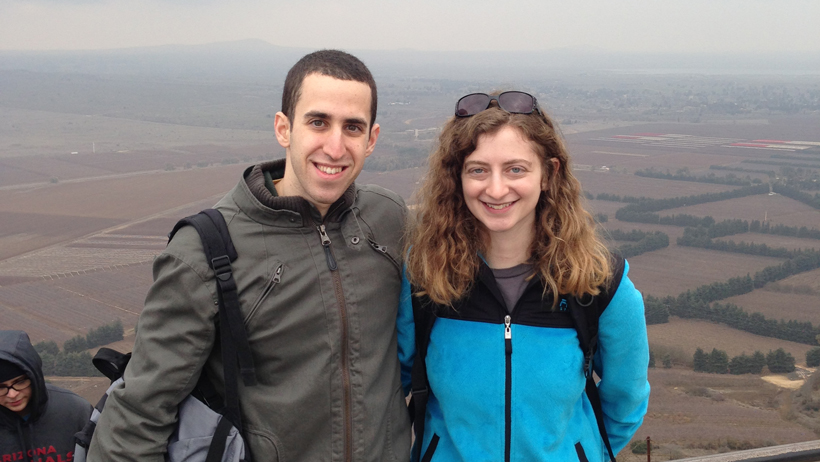
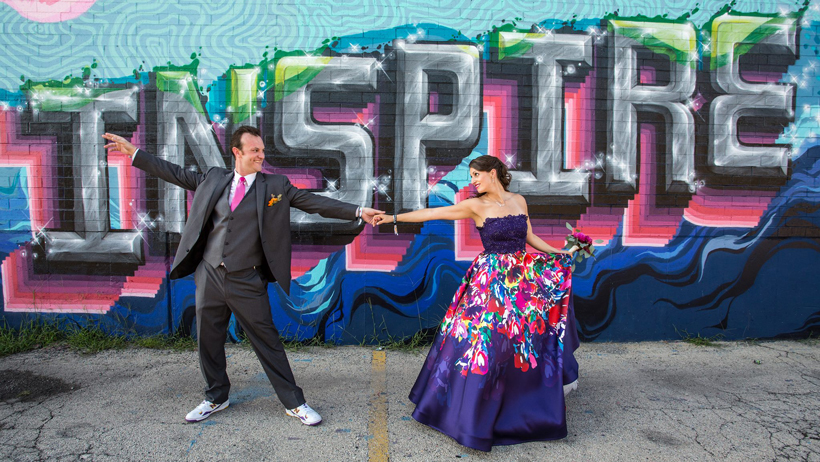

.jpg)



